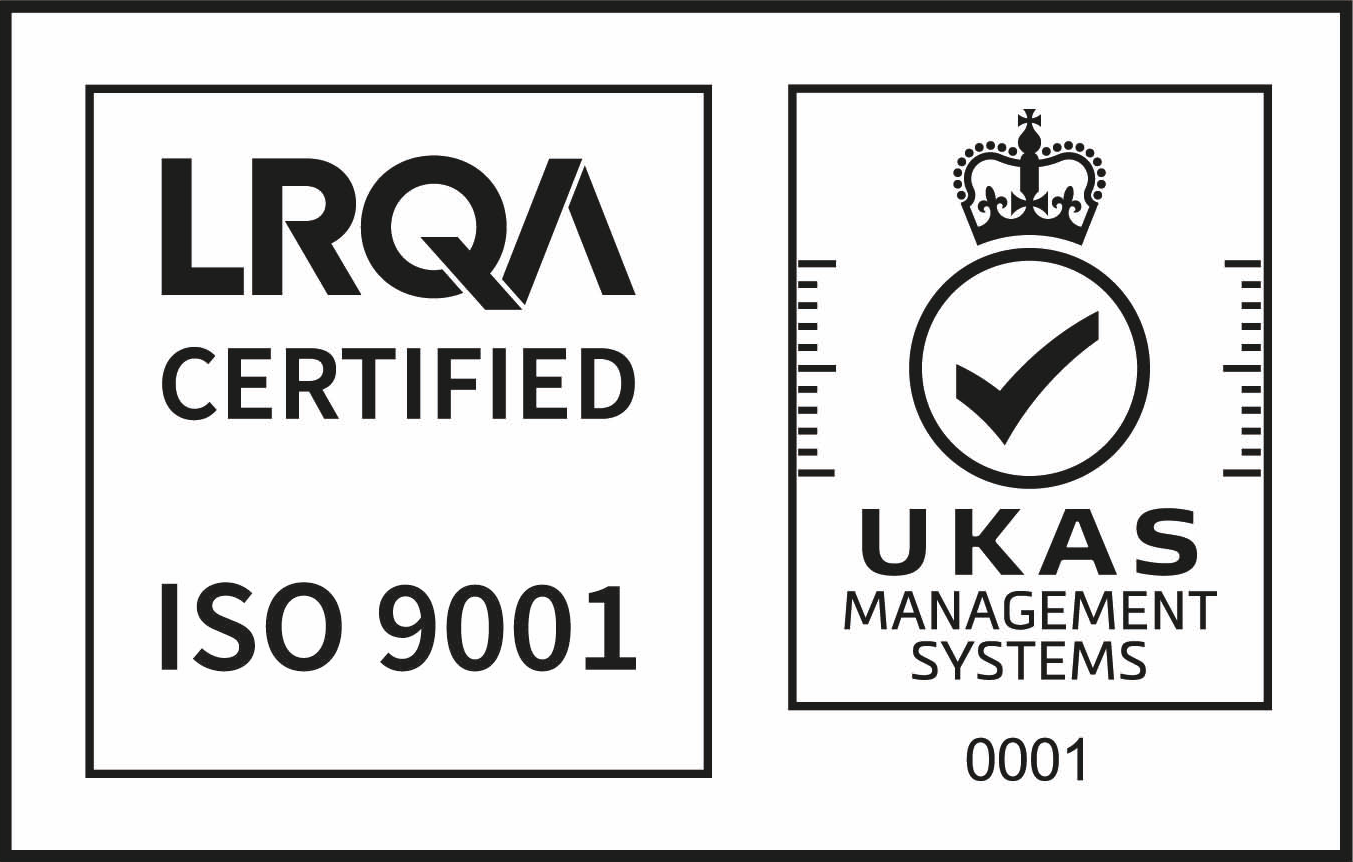The Importance of Occupational Health and Safety in the Work Place
Occupational Health and Safety is important to the workplace because it safeguards the welfare of those in employment. Occupational Health and Safety legislation was established to protect both employees (workers) and employers (Business owners).
The Department of Employment and Labour (DOEL) in South Africa takes the well-being of employees very seriously, as should employers.
Every one has to comply or follow the guidance given in legal documents such as Acts and Regulations.
Every country has its own laws. Ignorance of the law is no excuse. You must understand it and follow it.
The law and relevant guidance documents generally promote good practice and in this module we look specifically at:
- The Commercial Diving Regulations of South Africa
- Codes of Practice
- Guidance documents concerning all aspects of equipment, operations and personnel related to diving operations.
Reference:
Commercial Diving Regulations 2022 South Africa
Course Features
- Lectures 36
- Quiz 1
- Duration Lifetime access
- Skill level All levels
- Language English
- Students 168
- Certificate Yes
- Assessments Yes
Curriculum
- 6 Sections
- 36 Lessons
- Lifetime
- Occupational Health and Safety Acts and Regulations6
- Health and Safety in different industries9
- Commercial Diving RegulationsThe Commercial Diving Regulations are essential guidelines that govern all commercial diving operations within the Republic of South Africa and its territorial waters. These regulations establish specifications and requirements across various aspects of diving operations, ensuring safety and efficiency in the industry. Key Areas Covered by the Regulations Roles of Personnel: Defines the responsibilities of divers, supervisors, and instructors in a diving operation. Use of Diving Equipment: Specifies standards for the equipment used in diving to ensure safety and effectiveness. Operational Standards for Dive Schools: Outlines how dive schools should be run and operated, including training protocols. Assessment Procedures: Details how divers are assessed before, during, and after their training and diving activities. Accreditation Bodies: Identifies organizations responsible for overseeing the accreditation and validity of dive schools and divers. Medical and Emergency Protocols: Provides guidelines for medical fitness requirements and emergency response procedures. Record Keeping: Mandates the maintenance of various logbooks to document diving operations and individual diver activities. Logbooks Required Diving Operations Log: This log records all relevant details of each dive operation. Divers Log Book: Divers must transfer information from the operations log into their personal logbook within 24 hours after each dive. Importance of Compliance Compliance with these regulations is crucial for ensuring the safety of divers and maintaining high operational standards within the industry. The regulations help mitigate risks associated with diving operations, promote best practices, and enhance overall safety culture. For detailed information, you can refer to the full document: Commercial Diving Regulations, 2022.pdf.19
- 4.1Definitons
- 4.2Plant and machinery
- 4.3Risk assessment
- 4.4Medical Surveilance
- 4.5Designated Medical Practitioner
- 4.6Information, Instruction and Training
- 4.7Control of Diving Operations
- 4.8Training standards, assessment criteria and codes of practice
- 4.9Duties of the Client
- 4.10Duties of employer
- 4.11Duties of The Diving School
- 4.12Duties of persons involved in commercial diving
- 4.13Commercial diving supervisor and instructor
- 4.14Commercial Diver and Line Attendants
- 4.15Systems Technician
- 4.16Recompression chamber operations
- 4.17Records
- 4.18Chambers
- 4.19PDF
- Commercial Diving Inshore (COP)1
- Training Standards1
- Quiz1





